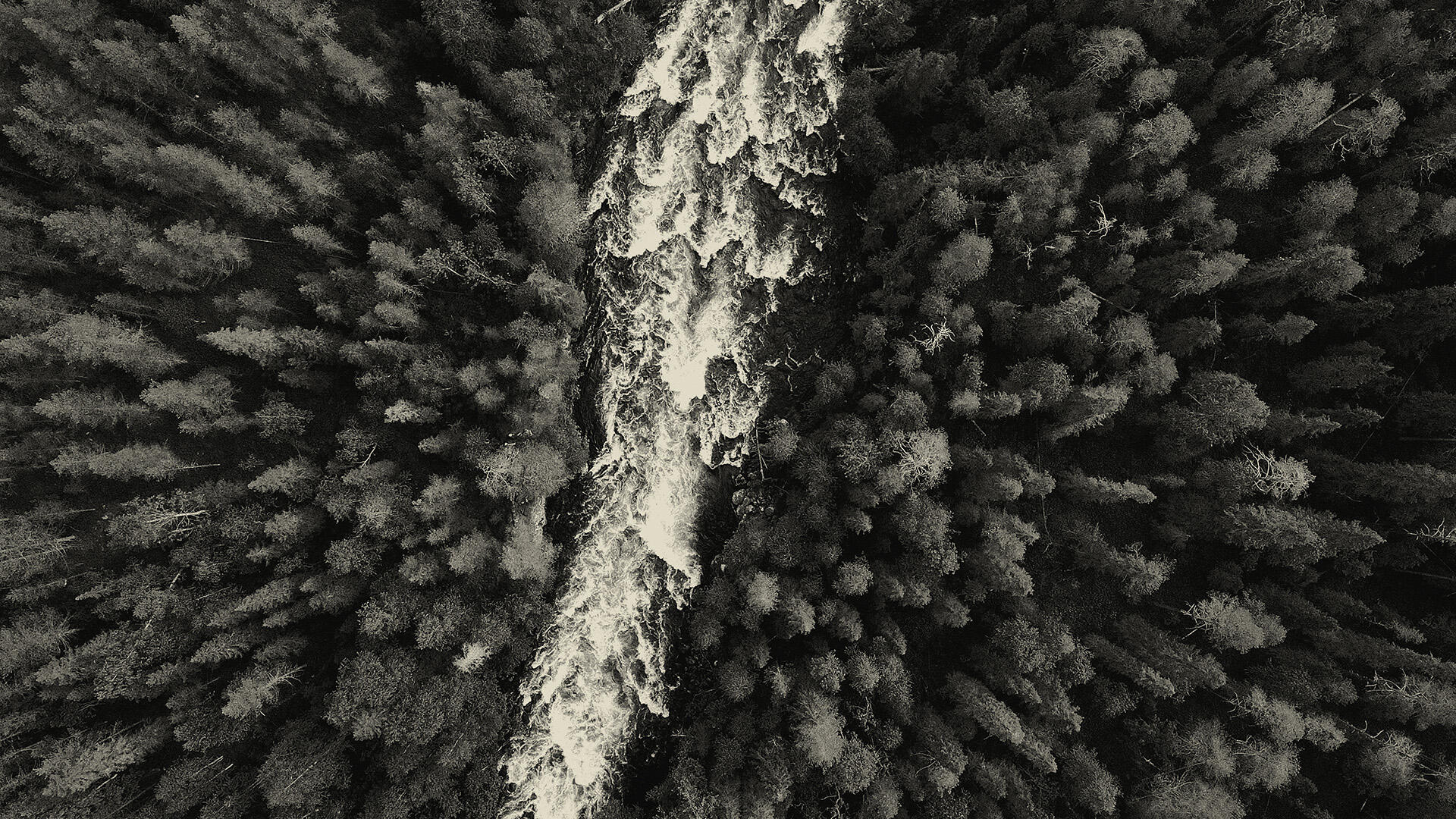Blog
AI as the inventor in a patent? No.

Published
10 Jan 2024

When applying for a patent for an invention, the inventor must be designated. Traditionally, the only inventor was a natural person and thus it was a no-brainer to designate such natural person as the inventor. However, with the progression of artificial intelligence (“AI”) and AI becoming more and more an essential tool in invention development, the question started to arise whether or not AI can be listed as the inventor. On the answer to this question the United Kingdom leaves no doubt - it’s a big, fat NO.
The deciding case - Background
Decision
Reason for decision
- What is the scope and meaning of the term “inventor” as provided in the Patents Act?
- Was Thaler in fact the owner of any invention made by DABUS and thus entitled to apply for a patent in respect of it?
- Was it correct to hold that the applications should be withdrawn?
Effect of decision on research and development organizations
Contact form

